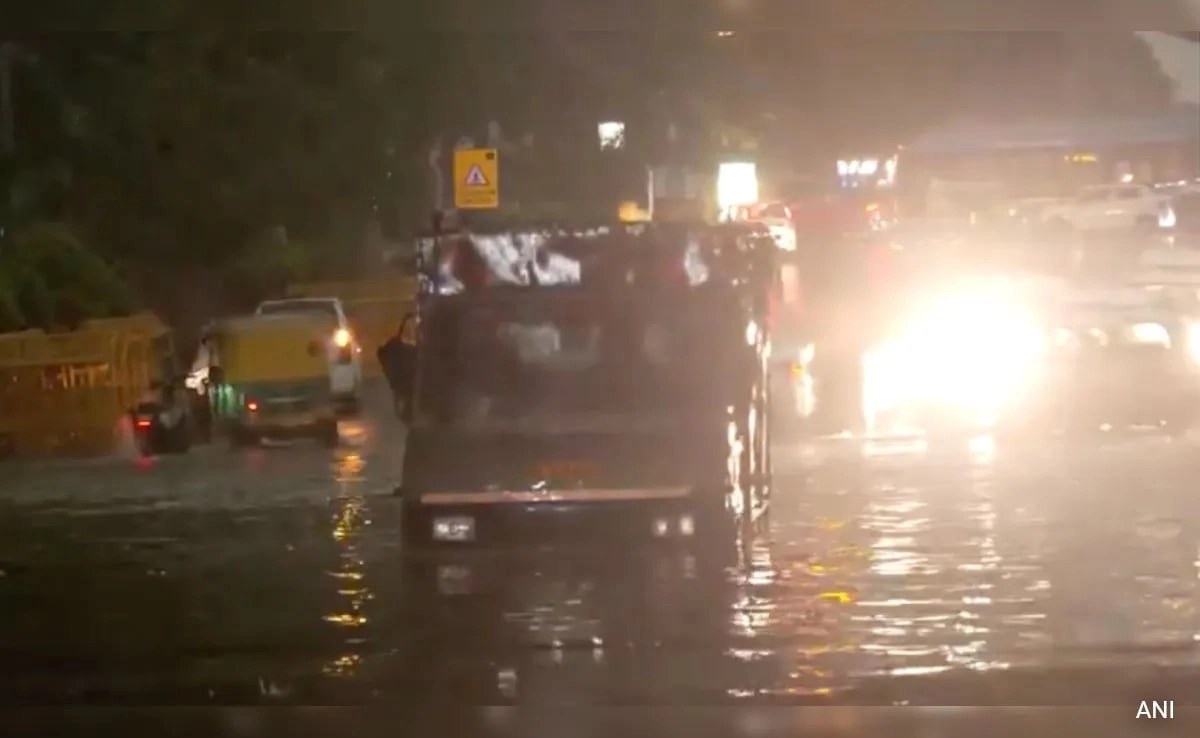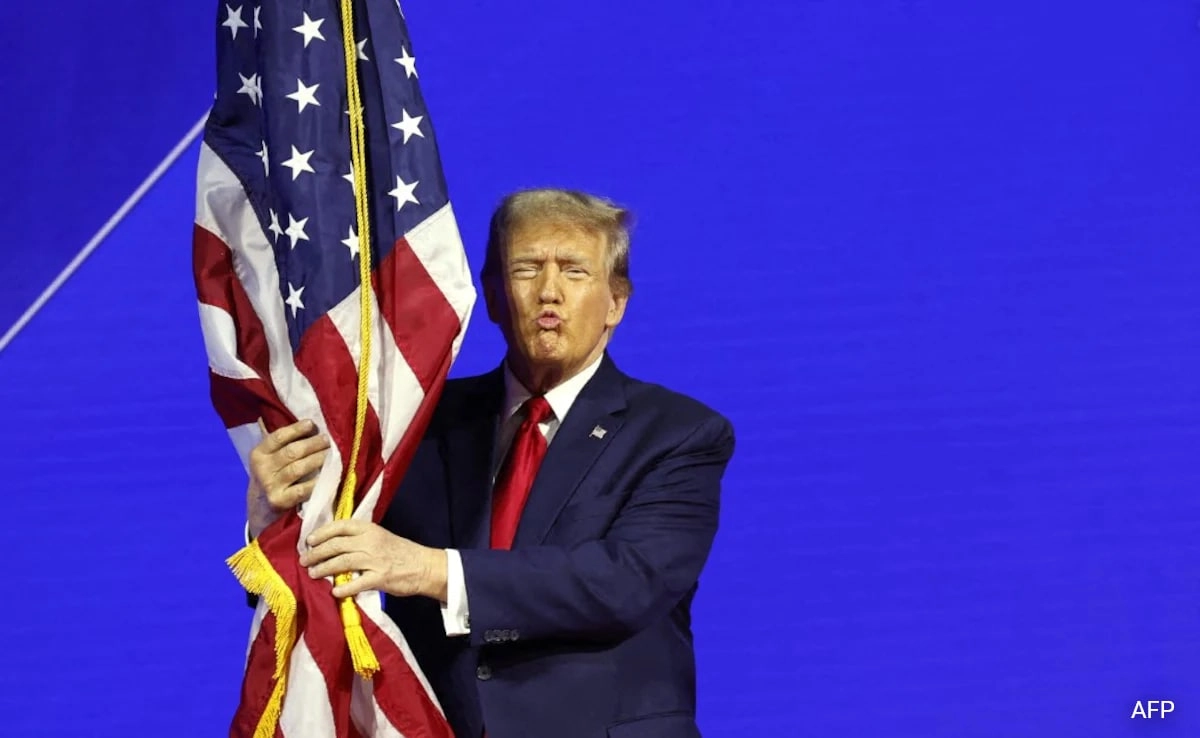In a recent address, the Prime Minister reflected on the tumultuous events that culminated in the 2002 Gujarat riots, drawing parallels to significant national incidents such as the 9/11 attacks and the Parliament attack in India. He emphasized how these tragic occurrences have shaped the socio-political landscape of the country and have had lasting implications on communal relations. The Prime Minister noted that the aftermath of such incidents often ignites tensions and can lead to widespread violence, as witnessed in Gujarat. He highlighted the necessity for understanding the complex interconnections between national security and communal harmony, urging citizens to remain vigilant against divisive narratives that can exploit fear and uncertainty.
The Prime Minister recounted how the environment of fear and insecurity that followed the 9/11 attacks in the United States had a ripple effect around the globe, including India. He pointed out that similar sentiments were echoed in the aftermath of the Parliament attack, which heightened tensions and led to a collective sense of vulnerability among the populace. This atmosphere, he argued, can create fertile ground for communal friction, as people often react defensively to perceived threats. The Gujarat riots, which occurred in this context, serve as a grim reminder of how quickly societal bonds can fray when fear takes precedence over reason and empathy.
In addressing these historical events, the Prime Minister called for a collective effort to foster a culture of peace and understanding. He urged citizens to remain united in the face of adversity and to reject any attempts to sow discord among communities. The lessons from the past, he asserted, must guide the nation towards a more harmonious future, where differences are celebrated rather than used as a pretext for violence. The Prime Minister’s reflections serve as a poignant reminder of the importance of resilience and solidarity in navigating the challenges that arise from historical grievances and contemporary threats.
Ultimately, the Prime Minister’s remarks encourage a dialogue about reconciliation and the need for collective healing in the wake of such tragedies. By acknowledging the interconnectedness of these events, he emphasizes that the path forward requires not only remembrance but also an active commitment to building a society that prioritizes unity over division. As India continues to confront the shadows of its past, the Prime Minister’s call for introspection and cooperation is a vital step toward ensuring that such incidents are not repeated, fostering a future characterized by peace and mutual respect.




